EXCLUSIVE: Israel-Iran Conflict Intensifies as World Grapples With Uncertainty and Iran Faces Internal Strains
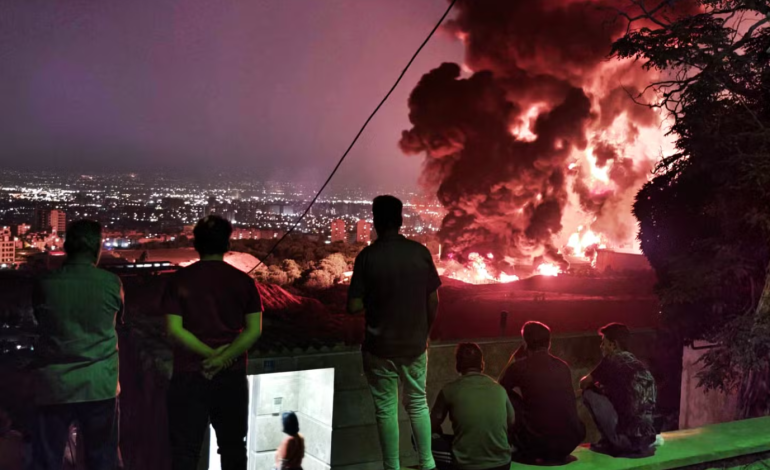
The ongoing conflict between Israel and Iran has entered a dangerous and unpredictable phase, marked by sharp international divisions and increasing domestic instability within Iran. What began as Israeli strikes on Iranian nuclear and military facilities has escalated into a broader military confrontation, raising the risk of a wider regional war and exposing deep fissures in Iran’s political landscape.
Israel’s surprise attacks on June 13 targeting nuclear infrastructure across Iran marked an important turn in the decades-long shadow war between the two regional powers. The strikes, conducted under the pretext of preempting further Iranian aggression, drew retaliatory ballistic missile attacks on Israeli territory from Tehran.
Despite Israel’s role as the initial aggressor in this latest round, many Western governments—including the United States, France, Germany, and the United Kingdom—have largely placed the blame for the conflict on Iran. The G7 summit reiterated support for Israel’s “right to self-defense” and condemned Iran’s nuclear ambitions and regional activities.
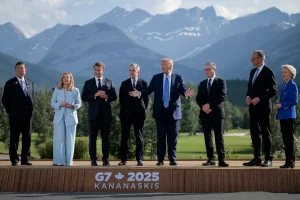
(Chip Somodevilla / Getty Images)
As Mehran Kamrava, Professor of Government at Georgetown University Qatar and Director of the Iranian Studies Unit at the Arab Center for Research and Policy Studies, commented to Wyoming Star:
“European hypocrisy knows no bounds.”
France, Germany, and the UK have since launched a diplomatic initiative, meeting with Iranian officials in Geneva in hopes of reducing tensions and discouraging further escalation or US involvement. Meanwhile, the threat of a wider war has sent oil prices sharply higher and roiled global financial markets.
In the United States, President Donald Trump has signaled he is weighing possible military support for Israel but has not committed to direct intervention. Observers note Trump’s frequent use of “two-week” deadlines as a rhetorical device, leaving the international community uncertain about the likelihood of actual US involvement.
Elsewhere, responses have varied. China and Russia have urged restraint and dialogue, while many Arab and Muslim-majority countries have demanded an immediate ceasefire and decried what they see as Western double standards, especially as is the genocide in Gaza continues unabated.
While Israel’s military operations have exposed weaknesses in Iran’s air defenses, the deeper impact may be felt within Iran’s political system. Kian Tajbakhsh, a scholar of Iranian politics and a visiting professor at New York University, writes:
“Although the Islamic Republic of Iran is showing some signs of strength—most notably in launching a small number of ballistic missiles that have struck Israeli civilian targets—it has essentially lost the first phase of this war, as Israel now enjoys air supremacy over Iranian skies. But internally, the regime is increasingly fragile.”
Tajbakhsh highlights a significant internal power shift:
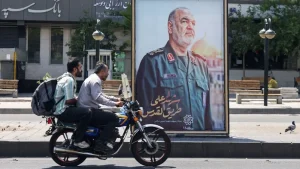
“Power has shifted decisively to the military-security establishment, especially the Islamic Revolutionary Guard Corps (IRGC), which now plays a central role in suppressing dissent and managing the state. Supreme Leader Ali Khamenei has reportedly handed over key responsibilities to the IRGC’s Supreme Council—a clear indication that the military, rather than the clerical elite, is steering the country.”
In response to the war—and fearing internal unrest—the Iranian government has deployed the Basij militia to urban areas, manning checkpoints and restricting movement. Although these forces claim to be searching for Israeli agents, Tajbakhsh suggests their primary role is to intimidate the public and prevent domestic opposition from organizing.
Israel, for its part, has reportedly begun targeting this internal security infrastructure. If Israeli strikes succeed in degrading the government’s ability to repress dissent, the costs of public protest fall, potentially increasing the chances of wider unrest.
As Tajbakhsh explains, “Many Iranians—especially the younger, secular-minded generation—have lost faith in the regime’s ideology. If the war drags on and the regime cannot offer a future beyond resistance and isolation, public anger could ignite mass mobilization. The very tools the regime relies on to survive may ultimately hasten its collapse.”
Mehran Kamrava notes that Israeli Prime Minister Benjamin Netanyahu’s ultimate goals remain unclear:
“Three scenarios are possible: dismantling Iran’s nuclear program, leaving behind a seriously weakened and highly fractured Iran, and effecting regime change. These could all be complementary and not mutually exclusive of one another.”
Kamrava suggests that Netanyahu may have seized on a perceived opportunity to strike at Iran, given the weakening of the Axis of Resistance and Israel’s intelligence successes inside Iran.
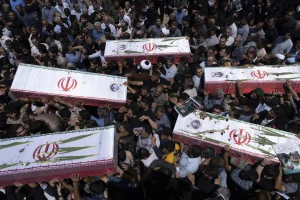
The broader regional and international consequences are profound. Kamrava warns that US military intervention could be “catastrophic for Iran and the rest of the Middle East,“ recalling the destabilization that followed the Iraq War:
“[The region] will once again be plunged into the abyss if the US tries to get involved. This is a scenario that benefits Netanyahu and harms everyone else.”
The conflict has also challenged the established post-World War II international order. Analysts at France24 and other outlets argue that unilateral military action by Israel, with a muted response from much of the global community, signals a shift toward a world where ‘might makes right’ with no place for diplomacy or adherence to international law.
Meanwhile, traditional Middle Eastern rivals, such as Saudi Arabia, have remained largely silent—likely to avoid provoking Iran or inviting retaliation. The broader Iran–Saudi Arabia and Iran–Israel proxy conflicts remain an ever-present risk should the fighting expand beyond the two main belligerents.
As of now, the Israel-Iran war stands at a crossroads: it could either spiral into a wider regional confrontation involving global powers or be contained through diplomatic efforts currently underway. Internally, Iran’s regime faces one of its most serious existential challenges since 1979—not just from external enemies, but from a restless and increasingly disillusioned population.
With input from Deutsche Welle, Middle East Eye, Al Jazeera, CNN, the Associated Press, the White House, and The Times of Israel.
Here you can find more about the Israeli objectives and initial reactions to the Israel-Iran war.
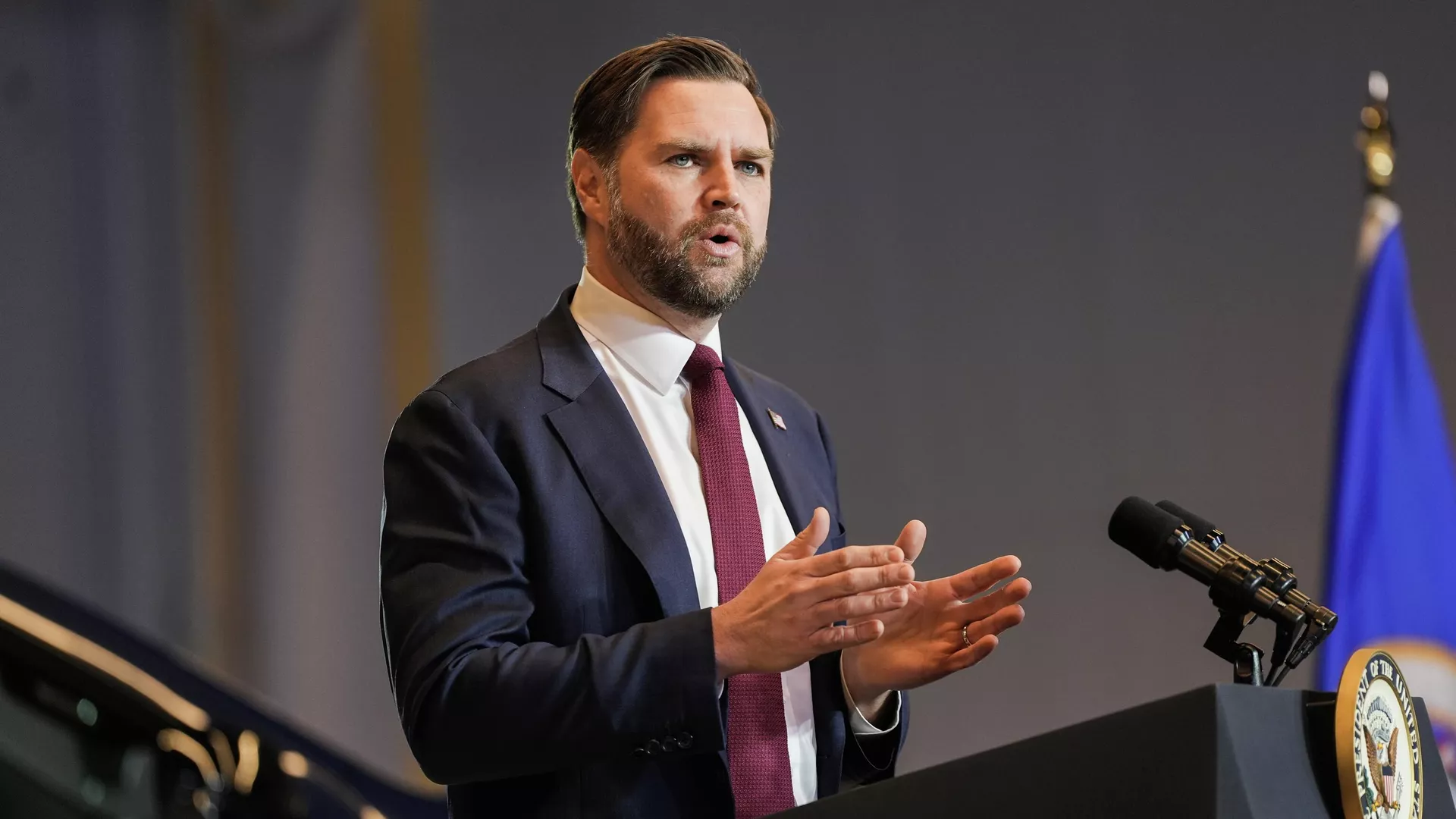
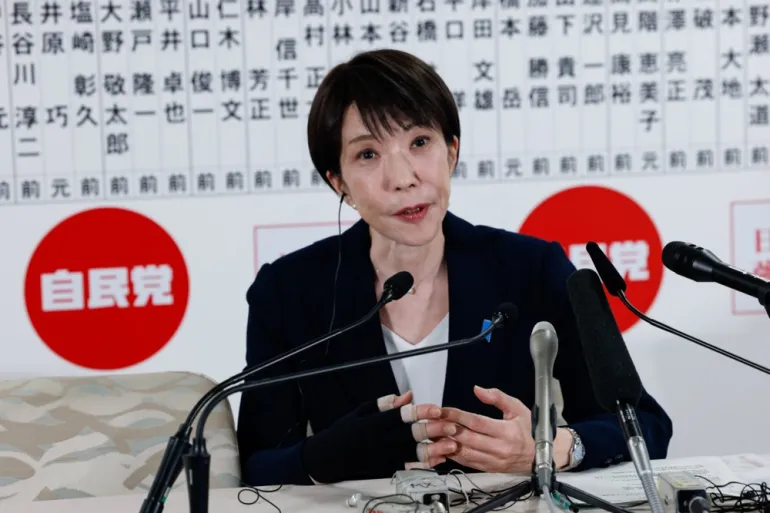
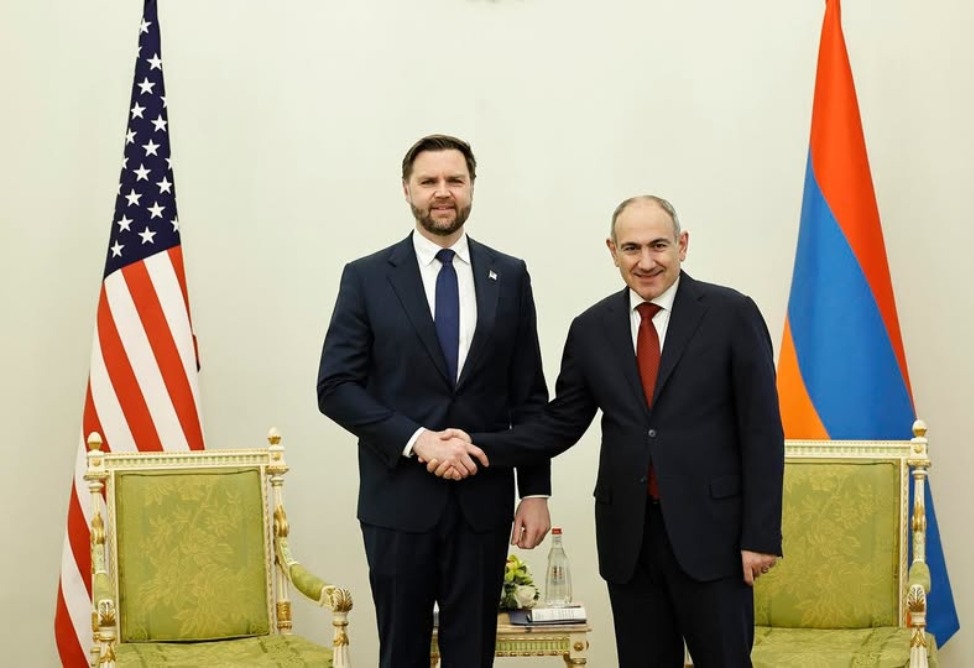

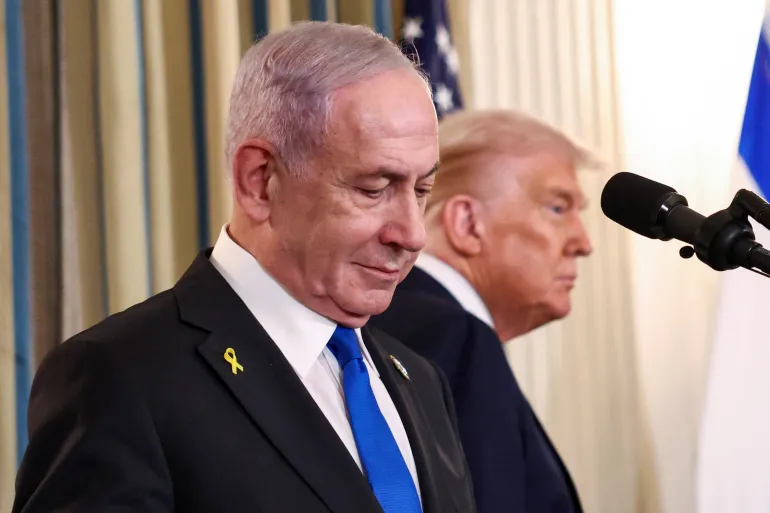




The latest news in your social feeds
Subscribe to our social media platforms to stay tuned